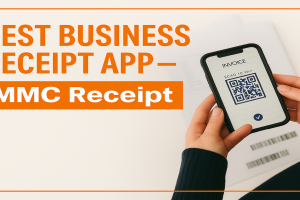
Best Business Receipt App – Why MMC Receipt Tops the List
In today’s fast-paced business world, efficient financial management is not just an option—it’s a necessity. From small business owners to corporate finance teams, keeping track of receipts is one of
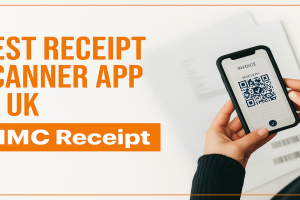
Best Receipt Scanner App UK – Why MMC Receipt is the Smart Choice for Businesses
Managing receipts is a task most business owners in the UK dread. From storing stacks of paper to manually entering expense data, the process is slow, error-prone, and takes valuable time away from gr
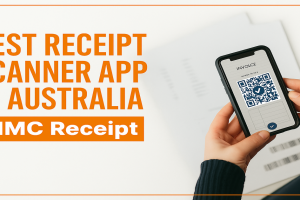
Best Receipt Scanner App Australia – Why MMC Receipt is the #1 Choice for Businesses
Managing receipts is one of those business tasks that can quickly become overwhelming. Whether you’re a sole trader in Sydney, a retail store in Melbourne, or an accountant managing multiple clients n
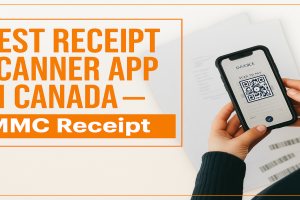
Best Receipt Scanner App Canada – Why MMC Receipt is the Top Choice for Businesses
Managing receipts can be one of the most frustrating parts of running a business in Canada. From stacks of crumpled paper receipts to manually entering expense data, the process can be slow, error-pro
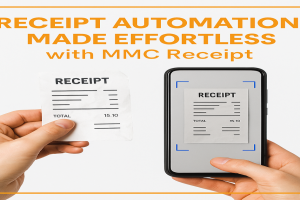
Receipt Automation: Transform How You Manage Expenses
Manually managing receipts can feel like drowning in paper—scanning, sorting, typing, validating, and filing. These tasks slow down finance teams and introduce unnecessary errors that affect reporting
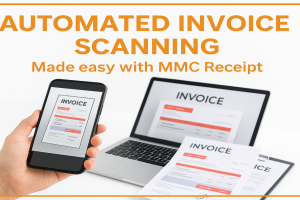
Automated Invoice Scanning: The Smarter Way to Handle Bills
In today’s fast-paced business world, managing invoices manually is both outdated and inefficient. Manually entering invoice data into accounting software or spreadsheets can be time-consuming, error-
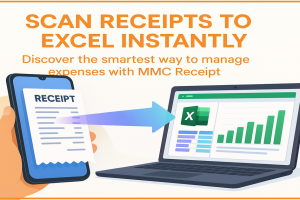
How to Scan Receipts into Excel: The Smartest Way to Export Your Expenses
Manually entering receipt details into Excel is tedious, time-consuming, and error-prone. From typing invoice numbers and dates to cross-checking amounts and supplier names, this manual process can le
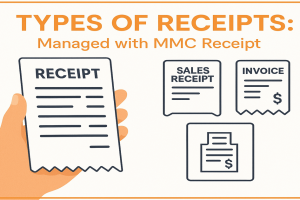
Types of receipts: A Complete Guide for Smarter Receipt Management
Managing expenses effectively begins with understanding the types of receipts you encounter daily. Whether you’re a freelancer, SME owner, or accounting professional, knowing the different receipt typ
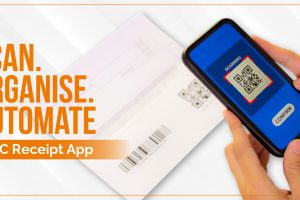
Expenses Receipt App – Simplify Team Expense Management with MMC Receipt
Tracking expenses shouldn’t feel like chasing paper trails or decoding spreadsheets. In today’s digital world, businesses need smart, scalable, and stress-free solutions to manage their financial docu
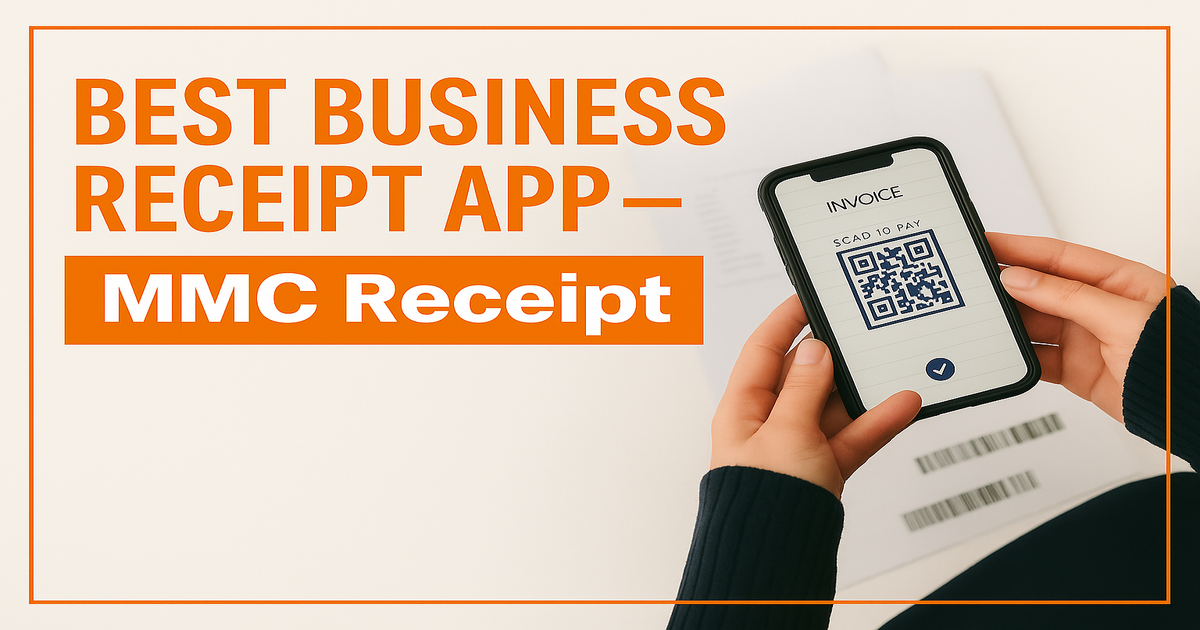
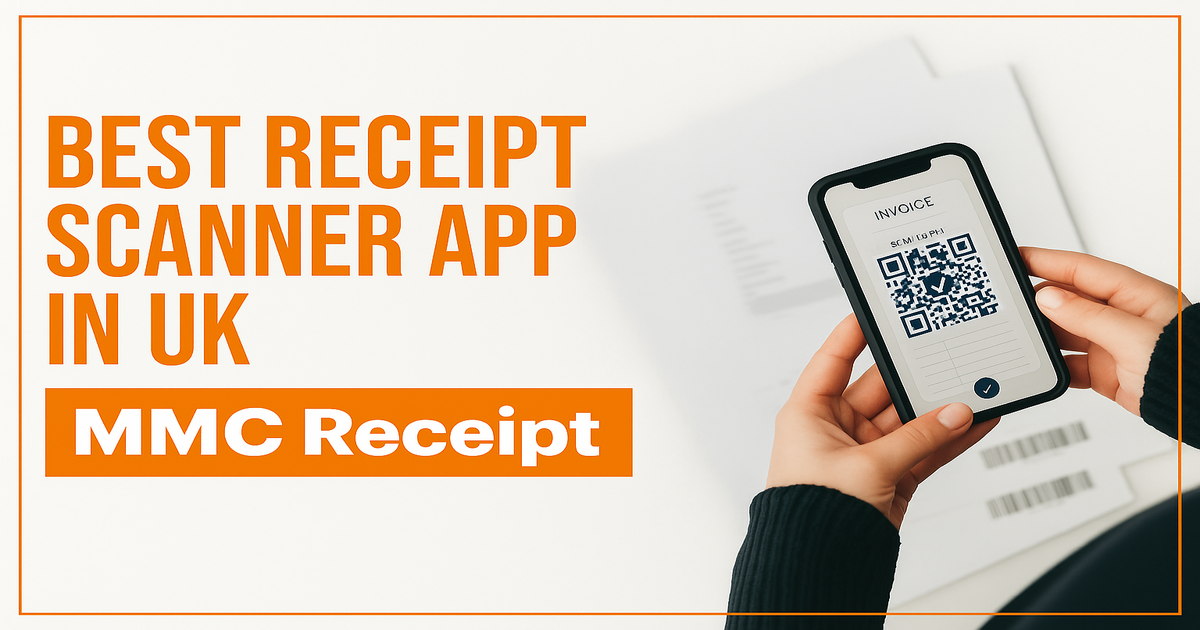
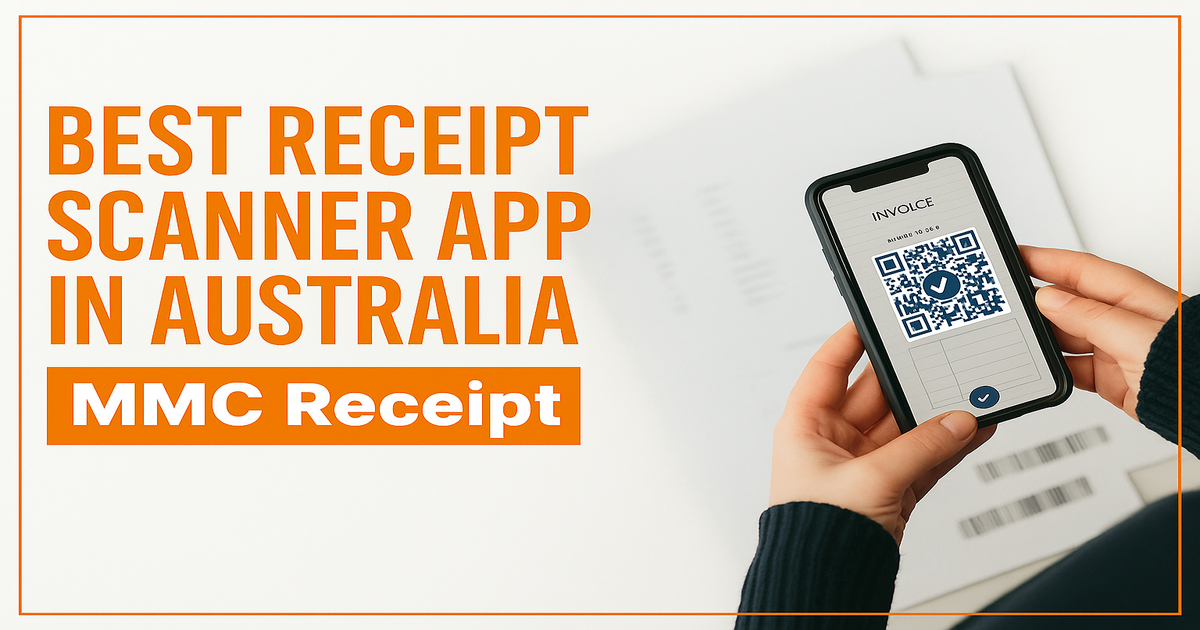
 info@mmcreceipt.com
info@mmcreceipt.com



